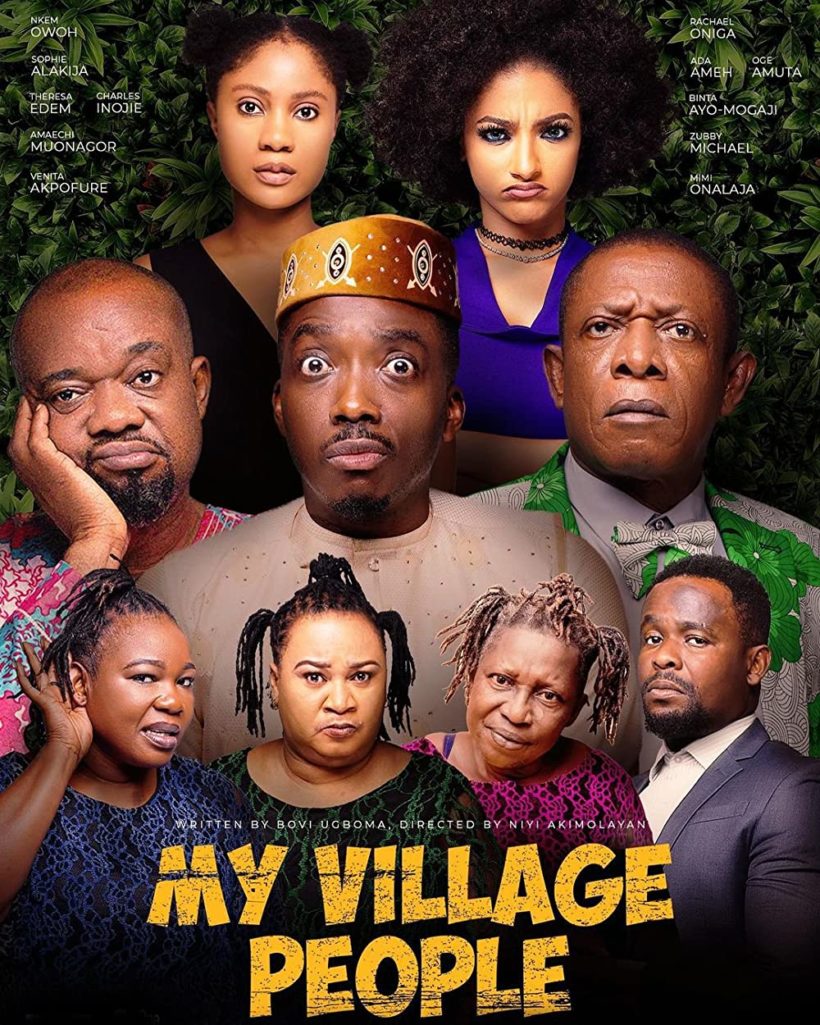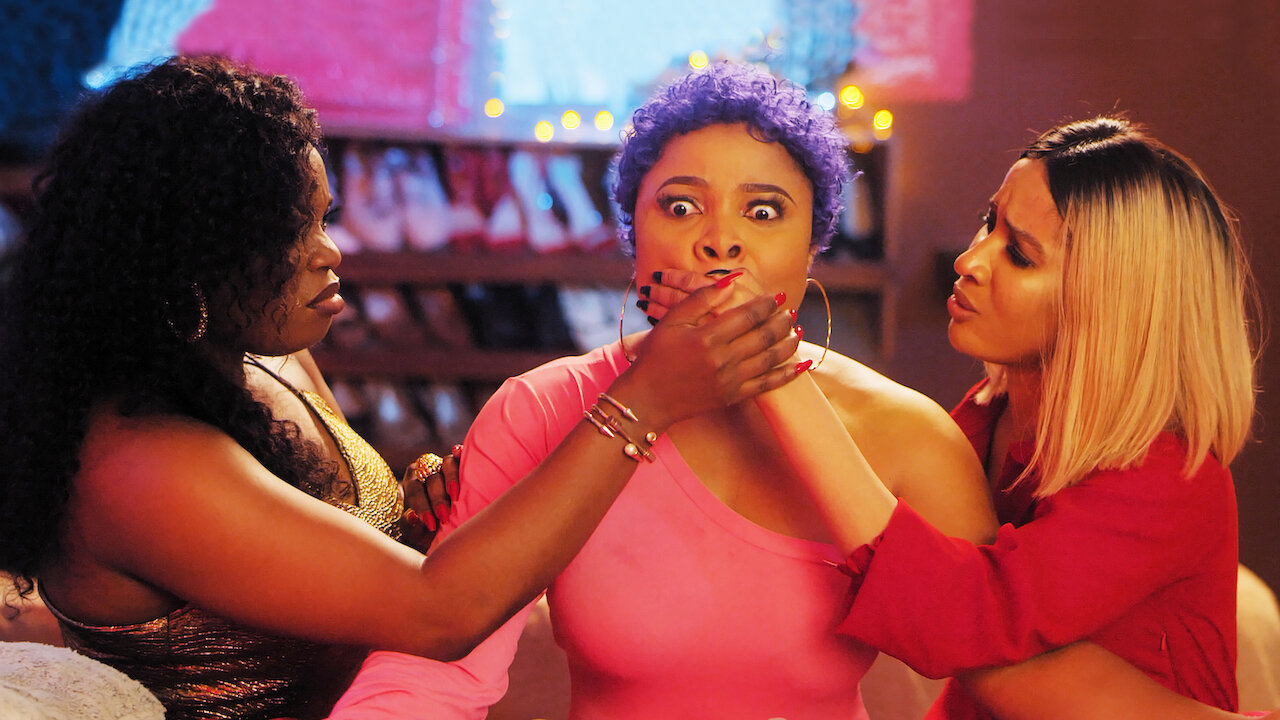Netflix Expands Its Interest In African Movies

When Netflix acquired the rights to Lion Heart—a film by Genevieve Nnaji—back in 2018, it was a surprise to many. Also, that deal spurred many African filmmakers to reach for the sky. The Nollywood scene has been booming for the past two decades. However, filmmakers had to grapple with piracy which sunk a huge part of their revenue. The coming of Netflix is a relief and a win for all. While Netflix relies on filmmakers for quality original content to grow its subscriber base, African filmmakers are relying on the streaming giant to solve their piracy problem.
Subscribers interested in African stories represent a growing and profitable niche. This has inspired a renewed drive to attract more African subscribers on Netflix. However, it goes beyond the numbers. The African movie industry is still young with a lot of prospects. Thus, Netflix is investing in Africa’s movie industry in order to reap from the huge harvest as the industry blossoms.
A series of investments in the past year
Last year, Netflix released what is arguably South Africa’s biggest action series, Shadow. It was a huge success in all ramifications. Although there are no official figures on viewership, the reception was impressive. Digital TV Research, an analytics firm in London, estimates that Netflix has less than 1.5 million subscribers in Africa. Perhaps this is why the company is pushing for 5 million by 2025.
Trevor Noahs’s Son of Patricia and Catching Feelings by Kagiso Lediga are a few of Netflix’s mega investments in the continent. On 28th February, the streaming giant released an epic spy-thriller by the title ‘Queen Sono’. The spy thriller is garnering rave reviews across the globe.
IMDb describes Queen Sono as “a drama about a secret agent who fights crime while dealing with crises in her personal life”. The film traverses the continent, having scenes shot on location in South Africa, Kenya, Nigeria, and Tanzania. However, the movie has its flaws, particularly in stunts and editing.

Netflix Naija
Arguably the biggest move by Netflix to capture the Nollywood market was the launch of Netflix Naija. It aims to use this medium to cater for the burgeoning Nollywood market. Nollywood is the second largest in the world as of 2019 in terms of film output, just after Hollywood and ahead of Bollywood. According to 2018 Framing the Shot: Key Trends In African Film report, Africa has the potential to generate $2 billion annually at the box office.
N is for Naija. N is for Nollywood. N is the 14th alphabet. 14 is also how many great talents you're looking at. N is for Netflix. But most importantly…hello, Nigeria! pic.twitter.com/js8z3LIyM3
— Netflix Nigeria (@NetflixNaija) February 25, 2020
Netflix is pushing for “Made in Africa, Seen by the World”. According to Dorothy Ghettuba, Head of African Originals at the company, this is a way of projecting African talent to the rest of the world. There is so much to be seen and appreciated across the globe. Speaking at the recent premiere of Queen Sono, she said,
“Netflix believes that great stories come from anywhere and will be loved everywhere. We want to tell amazing stories tailored to different languages, different tastes, and different moods. The intention is to showcase African talent not only to African audiences but to the rest of the world.”
Africa has spawned inspiration for highly successful films, including ‘The Lion King’, ‘Black Panther’, ‘Sarafina, Sheena’, ‘Tomb Raider’, to mention a few. These movies hold fund childhood memories for many Africans. Netflix has already committed to several other projects across the continent. These include a Zambian animation series called Mama K’s Team 4 and Blood and Series (South Africa).

Next big project
Following the launch of Netflix Naija, the streaming giant is already developing two original series. There is no working title for the projects yet. However, it will be directed by Akin Omotoso, in collaboration with CJ Obasi and Daniel Oriahi. Cast includes Nollywood star Kate Henshaw, Ade Laoye and other Nollywood icons. The film is set modern-day Nigeria and will be shot in Lagos. The story is about Kemi, a goddess reincarnated as a human to seek justice for her sister’s death.
Netflix is not the only streaming network that is trying to capture the African market. However, Netflix holds the aces as it has more penetration in the continent in comparison to their close rivals. For example, it is available in all of the 54 countries, whereas Amazon Prime and Disney+ are in less than 20 countries.
Challenges faced by streaming networks in Africa
Poor Internet coverage and expensive Internet access are the two major challenges facing the growth of streaming networks in Africa. Inasmuch as there is increasing Internet access in Africa; the current figure stands at 35.9%. Governments across the continent are seeing the huge economic opportunity in developing ICT technologies. Thus, countries like Rwanda, Kenya, and Nigeria are now leading in ICT investments. According to the World Bank, achieving universal, affordable and high-quality internet across the continent will cost $100 billion.
Until then, streaming networks have to find ways to overcome this problem. They can learn from fellow internet business peers like Google which has Project Loon and take initiative in expanding internet coverage. Even though 10 of the 50 cheapest countries in the world for mobile data are in Sub-Saharan Africa, the price is still staggering when compared to the standard of living. Data costs between 0.5 USD to 7 USD per GB, whereas according to Brookings, 377 million Africans still live on under 1.90 USD a day.

A unique approach to telling stories
The company has a unique way of telling stories. If you are a filmmaker and would love to get your content on Netflix, you need to bear this in mind. Understanding how Netflix wants to tell narratives about Africa will help you tailor your content to fit into their big picture. Highlighting the expectations from filmmakers, Ghettuba said,
“First and foremost, we look for great storytellers because we believe that great stories can transcend borders. The key, like in many creative endeavors, is the strength of the idea and the creative team behind it. We give talent the freedom to tell those stories exactly how they want. We then have the ability to distribute these projects on a global stage. We’ve built a strong reputation with the creative community this way, and we have a deep and diverse set of executives around the world who continue to champion these passion projects.”
Dreaming of having your film on Netflix?

A few years ago, no one would have ever imagined that African content would be on Netflix. While it is possible to sell your script or movie to Netflix, it is important to note that they don’t accept unsolicited pitches. The best way is to find a reputable agent, producer, distributor or collaborator within Netflix. This way you will increase your chance of getting their attention.
The company has creative executives and buyers who review pitches from creators. Alternatively, ideas are generated internally and external writers, producers, and directors are hired to bring the idea to life. Even more exciting is the fact that you can find these people in a smart way. Just watch your favorite film on Netflix and wait until the end credits roll. There you will find people who are responsible for various aspects of the film. For deeper insight on how to create the film pitch, refine it and make it a sell, here’s an amazing resource for you.







The West is saturated. It’s no surprise that these businesses are interested in African films while indigenous ones are waiting for when it’s profitable or convenient.
African cinema is growing, and people who recognise that potential now will see the benefits in years to come.